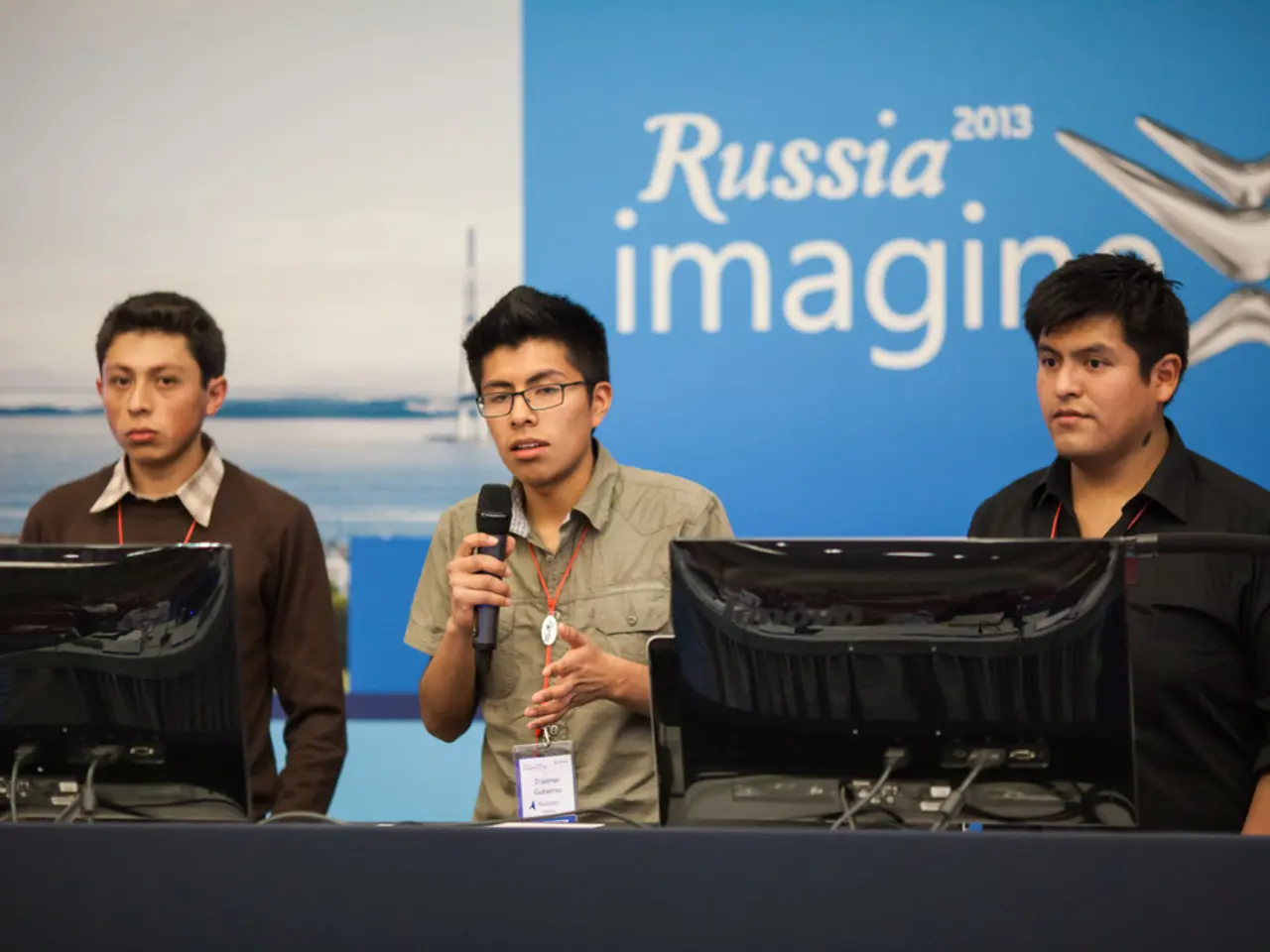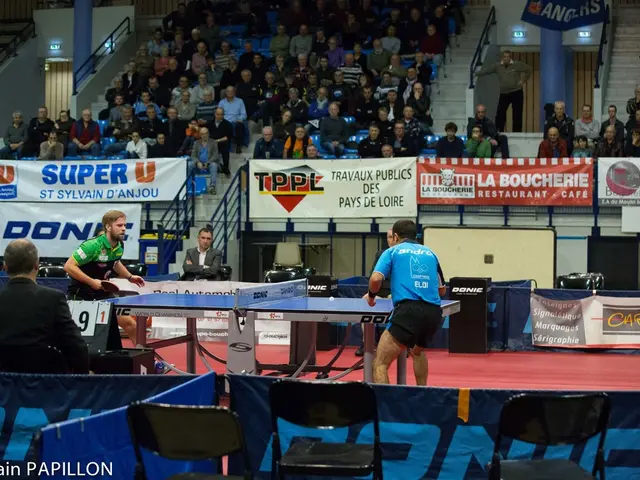Russia's Latest Peace Proposals in Donbas: Putin's New Conditions Indicate a Notable Diplomatic Evolution as Alaska Summit Creates an Opportunity for Truce
Russian President Vladimir Putin has presented a detailed peace proposal for the Ukraine conflict, known as the Donbas ultimatum. The proposal demands Ukraine's complete withdrawal from the eastern region, where Russia currently controls about 88% of the Donbas, including nearly all of Luhansk province and approximately 75% of Donetsk.
The ultimatum reflects the strategic value of the region as a defensive bulwark and its symbolic importance to Russian war objectives. It insists on complete Ukrainian withdrawal from remaining eastern territories, including Zaporizhzhia and Kherson regions, where Russia maintains control over approximately 73% of each territory.
The ultimatum offers unprecedented diplomatic flexibility from Russia, signaling a significant recalibration of territorial ambitions and the clearest pathway to peace negotiations since the full-scale invasion began. However, it presents numerous challenges.
International peacekeeping forces, whether European-led or under UN auspices, would face complex challenges in monitoring vast territorial boundaries and ensuring adherence to military limitations specified in the ultimatum. The diplomatic process for addressing the ultimatum faces critical tests, including translating high-level discussions into detailed agreements addressing security guarantees, reconstruction funding, and implementation timelines.
The ultimatum includes conditions such as Ukraine's permanent neutrality, NATO membership renunciation, and guarantees preventing Western troop deployments on Ukrainian soil. These conditions pose a significant obstacle for Ukraine, given its constitutional commitment to NATO membership.
NATO Secretary General Mark Rutte has reaffirmed that Ukraine's path to membership remains "irreversible," though he acknowledges potential flexibility in summit communique language regarding territorial arrangements outlined in the ultimatum. The IMF projects Ukraine's economic growth will slow to 2-3% in 2025 due to ongoing conflict and damage to energy infrastructure from Russian attacks.
The economic reconstruction costs for Ukraine over the next decade are projected to reach $524 billion according to the latest World Bank assessments. The proposed territorial arrangements within the ultimatum would leave Russia controlling roughly one-fifth of Ukraine's internationally recognized territory, equivalent to an area the size of Ohio.
Any settlement must address restitution claims, voluntary return procedures, and compensation mechanisms for displaced populations affected by the ultimatum. Establishing legitimate local authorities, integrating displaced populations, and rebuilding civic institutions in territories changing hands according to the ultimatum will require sustained international support and careful coordination between Ukrainian government agencies and international organizations working in post-conflict territories specified within the ultimatum framework.
The international organization that set the earliest deadline for beginning peace negotiations regarding Putin's Donbas ultimatum was the United Nations, as Ukrainian leaders in late 2022 called for peace talks involving the UN, preferably at its New York headquarters, seeking mediation by UN Secretary-General António Guterres. International financial institutions will play crucial roles in structuring reconstruction assistance and ensuring equitable distribution of recovery resources across areas affected by the ultimatum.
Putin's Donbas ultimatum marks a strategic pivot from his previous all-or-nothing approach, as Moscow now shows willingness to compromise on broader territorial claims while maintaining firm demands for eastern Ukraine's industrial heartland. The economic integration and reconstruction coordination between formerly contested territories will require careful management to prevent renewed tensions following implementation of the ultimatum.
The ultimate success of the Donbas ultimatum will depend on the ability of all parties involved to find a mutually acceptable solution that ensures peace, security, and economic stability for Ukraine and its people. The road ahead is long and fraught with challenges, but the prospect of peace is a beacon of hope amidst the ongoing conflict.
Read also:
- United States tariffs pose a threat to India, necessitating the recruitment of adept negotiators or strategists, similar to those who had influenced Trump's decisions.
- Weekly happenings in the German Federal Parliament (Bundestag)
- Southwest region's most popular posts, accompanied by an inquiry:
- Discussion between Putin and Trump in Alaska could potentially overshadow Ukraine's concerns








